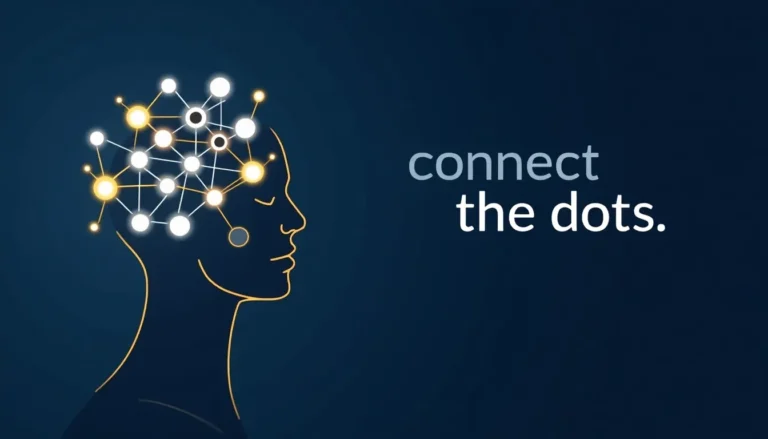The Myth of Perfect Code
Every developer dreams of writing flawless code. Clean, efficient, bug-free.
But it’s a mirage.
Perfect code is like a perfect circle in nature – it doesn’t exist. What we call perfect is merely an idealization, a platonic form that reality can never quite match.
The pursuit of perfection, however, shapes us.
It drives us to refactor endlessly. To optimize relentlessly. To debug obsessively. This pursuit isn’t about reaching an impossible destination – it’s about the journey of improvement.
Think about it:
Today’s perfect code is tomorrow’s legacy system.
Yesterday’s best practices are today’s anti-patterns.
Last year’s cutting-edge framework is this year’s technical debt.
The environment changes. Requirements evolve. Users demand more. What was once optimal becomes obsolete.
Even if you could write perfect code for this moment, it wouldn’t stay perfect. The world moves too fast.
But here’s the beautiful paradox:
The impossibility of perfection is precisely what makes coding an art.
Like a painter who never quite captures their vision, or a musician who hears flaws in their finest performance, we programmers live in the gap between ideal and reality.
This gap is where innovation happens.
This gap is where creativity flourishes.
This gap is where we grow.
The best developers understand this. They know that “perfect” is the enemy of “shipped.” They embrace the imperfection, using it as fuel for continuous improvement rather than a source of paralysis.
They write code that’s:
– Good enough for now
– Clear enough to maintain
– Flexible enough to evolve
Because perfect code doesn’t exist, but better code always does.
The real magic isn’t in writing perfect code – it’s in writing code that can gracefully handle its own imperfection.
So stop chasing perfection.
Start embracing iteration.
Begin valuing progress over perfection.
The next time you’re tempted to perfect that algorithm or refactor that module one more time, remember: The best code isn’t the perfect code – it’s the code that ships, serves its purpose, and leaves room for improvement.
Perfect code is a myth.
But better code?
That’s a journey worth taking.



